- Like
- Digg
- Tumblr
- VKontakte
- Buffer
- Love This
- Odnoklassniki
- Meneame
- Blogger
- Amazon
- Yahoo Mail
- Gmail
- AOL
- Newsvine
- HackerNews
- Evernote
- MySpace
- Mail.ru
- Viadeo
- Line
- Comments
- SMS
- Viber
- Telegram
- Subscribe
- Skype
- Facebook Messenger
- Kakao
- LiveJournal
- Yammer
- Edgar
- Fintel
- Mix
- Instapaper
- Copy Link

A reader emailed me with the following question, and since I get similar ones often, I thought it would be great to answer.
“…how do I get started with homeschooling, and at what age? We’re older (adoptive) parents, and have a special needs 2-year-old plus a son who just turned four.
A retired kindergarten teacher told me that any child who has a birthday after about the end of March should wait a year to start school….especially for boys.”
What Age Should You Start Homeschooling?
Homeschooling is tied in to all of the little things that you do at home with your children and the best ‘official’ age will differ from child to child and family to family. In short – It depends on your child.
You may not make the actual decision to homeschool until your child is closer to actual school-age attendance. But here are some thoughts…
-
As you are rolling play dough with your two-year-old, cutting out shapes with cookie cutters, naming the shapes and learning together – that’s part of homeschooling. You are being intentional.
-
When you are talking about where grandma lives compared to where you live and pull out the maps to show them the world – you are homeschooling.
-
Sitting on the floor in front of the fridge with all those magnetic letters, spelling out your little one’s name – that’s a part of homeschooling.
From the moment you brought your child home, you have been daily teaching. Some days little things and some days BIG things.
When a child is younger, learning times are in short spurts {well, at least mine didn’t sit down for long periods of time or want to listen to me go on and on}. We learned together with fun, hands-on time, read lots of books together and if they wanted to do more, we did. Otherwise, we moved on to something else and had fun making everyday activities learning experiences.
How homeschooling looks may change as your child gets older, but you don’t have to recreate the typical classroom at home to be homeschooling.
quote via Heidi St. John, the Busy Homeschool Mom
Children can learn anywhere – and everywhere! Nature walks, a trip to the grocery store or the pet store can be a learning experience. It’s not all worksheets and desk learning, trust me.
Trust yourself and follow the lead of your child.
When Do I Need to Start Reporting Homeschooling?
Now as for what the government considers actual start of school – that will depend on the laws of your individual state. Some states require compulsory attendance for children that turn 5 by a certain date, others at age six. Be sure you know what is required from you legally as you prepare to start.
If you are uncertain on when you need to officially begin reporting your homeschooling, please be sure to read through this post – Homeschool Basics: Know the Laws of Your State. You’ll find links and resources to help you out.
Should We Wait to Start Homeschooling?
At what age should you officially begin homeschooling? This can be such a hard decision as parents, especially if you have to ‘declare’ a grade level for your child when you begin. As I mentioned earlier – all that you are doing to help your child learn at home – that is part of homeschooling. Age cutoffs differ from state to state, so it may be September here, but December in another area {crazy, isn’t it? – even they can’t agree!}.
But sometimes that official age part can be a bit tricky and brings us to the second part of the question:
A retired kindergarten teacher told me that any child who has a birthday after about the end of March should wait a year to start school….especially for boys.
The beauty of homeschooling is you can tailor your child’s education to suit their educational needs. March seems a bit of a stretch for me {I’m guessing maturity was the issue in question}, but remember the teacher:student ratio is a lot better homeschooling than it is in a classroom {grins}.
Three of our children missed the official cut-off age date for starting school {the end of September} by having fall birthdays. They turned five after that date, but two of them were more than ready to start official ‘school’. Here are some ways we’ve approached the issue.
-
We waited initially to ‘report’ them as being homeschooled. We used our first year {prior to being required to report} as a ‘buffer’ year. That gave us time to work more with each child in an ‘official’ capacity and see how s/he would do. By the end of that year, we knew better where they stood academically and reported them the following year as a year ahead.
-
Modify your curriculum. Our youngest missed the state cutoff as well. While we haven’t officially bumped him up to the next grade level yet, here’s how we are handling it. He is ‘on the record’ as a kindergartener, but I have modified his curriculum in some areas to a first grade level. Although he should be finishing up his kindergarten year, he is over halfway through several first grade texts. Just because he is kindergarten age, he is ready to work on more challenging material – and I don’t want to hold him back! Next year he will be reported as a first grader.
-
Consider emotional and physical maturity. Our boys are polar opposites in some ways. One is very big for his age and another is a bit of a squirt. The kids are home with us most of the time, but there are instances where they have to be assigned a ‘grade’, like in our local co-op. We made the decision to bump one of our boys ahead, despite the cutoff, and the other one will be in the recommended class based on the cutoff dates.
-
Know the law. Please remember that we based our decisions on the laws in our state of homeschooling and yours may be different. Before you make any decision, check the homeschool laws in your state {I can’t stress this enough}.
Bottom line is this: As the parent, you know your child better than anyone else. Please do not doubt that! One of our daughters was two months past the cutoff date, but was already reading and doing many things well beyond what a typical kindergartener would do. Our decision was to tailor her education to fit what she was then {and now is} capable of.
As the years progress, there may be times that your child{ren} leap ahead in certain subjects, lag behind in others, but you are able to give them more individualized attention and that is WONDERUL.
Even in your own family I’m sure that you’ve noticed learning differences between children. I was getting so frustrated with what one child was not doing when she reached the same grade level as her sister – completely forgetting that they are only one year apart in school, but 18 months apart in age. Six months can make a big difference in a child’s learning or comprehension sometimes!
You cannot compare your child to another child. Period. And don’t let anyone tell you otherwise, ok? And it’s also okay to hold off and wait a year. Trust your instincts with your children. I love that because we homeschool we actually open our children up to MORE possibilities and opportunities to tailor their education based on what they actually need!!
Has this been a difficult decision for your family with any of your children? What additional advice would you offer families trying to make the decision? Leave a comment with your advice.
This post is a part of the Homeschool Basics series. Be sure to read the other posts if you are just joining in. For the record, I am not an expert. I’m a homeschool mom who is sharing what she’s learned so far along the way with her own family.


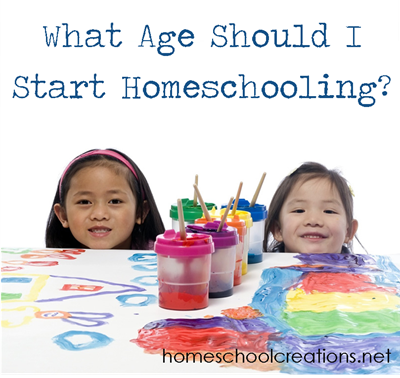
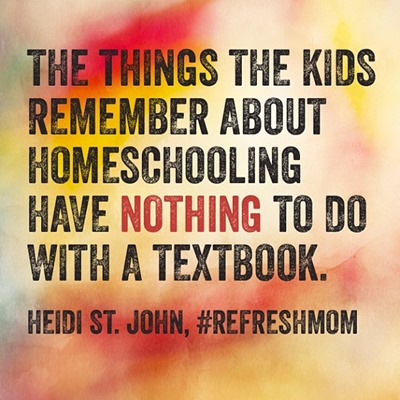


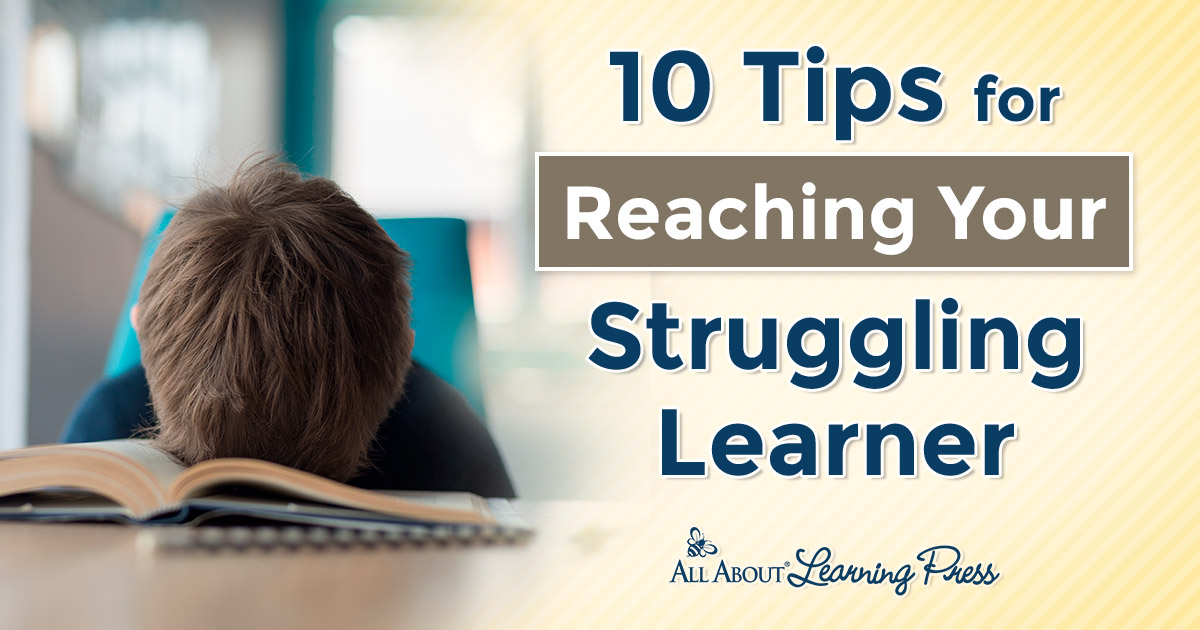
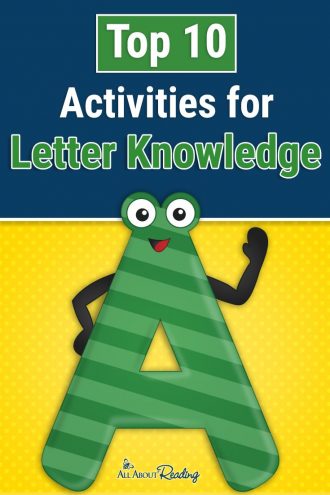


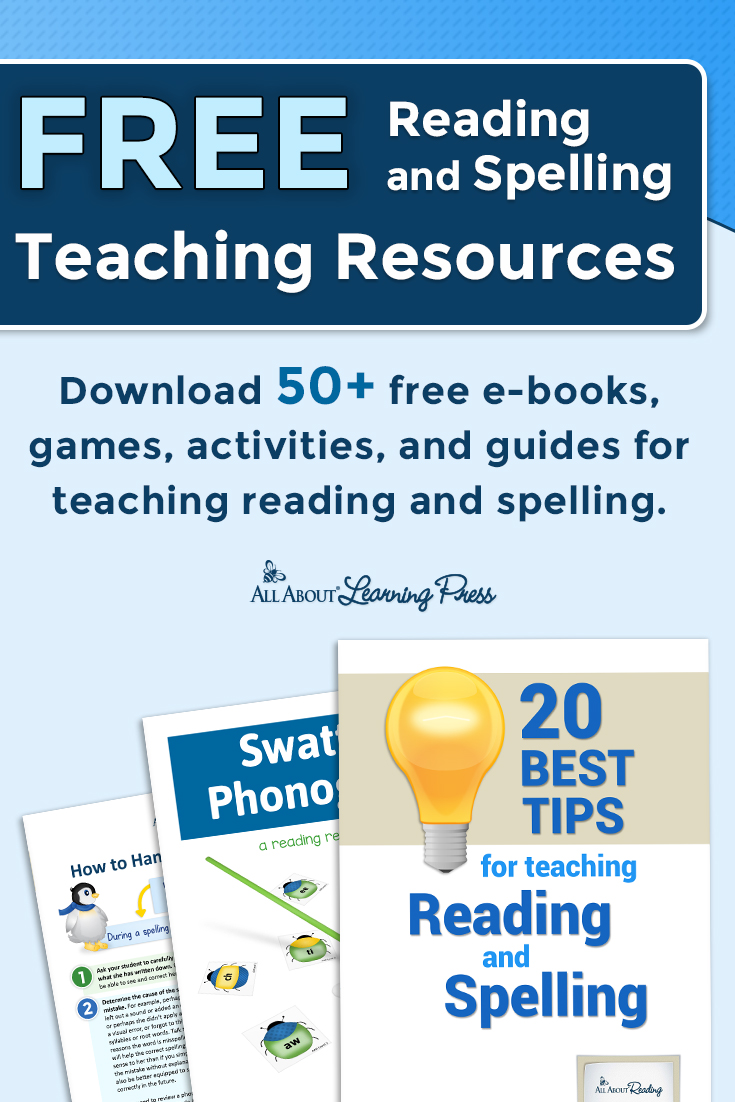
 The printables shared on this site are FREE of charge unless otherwise noted, and you are welcome to download them for your personal and/or classroom use only. However, free or purchased printables are NOT to be reproduced, hosted, sold, shared, or stored on any other website or electronic retrieval system (such as Scribd or Google docs). My printables are copyright protected and I appreciate your help in keeping them that way.
If you download and use some of my printables and then blog about them, please provide a link back to my blog and let me know - I'd love to see how you are using them! Please be sure to link to the blog post or web page and not directly to the file itself. Thank you!
The printables shared on this site are FREE of charge unless otherwise noted, and you are welcome to download them for your personal and/or classroom use only. However, free or purchased printables are NOT to be reproduced, hosted, sold, shared, or stored on any other website or electronic retrieval system (such as Scribd or Google docs). My printables are copyright protected and I appreciate your help in keeping them that way.
If you download and use some of my printables and then blog about them, please provide a link back to my blog and let me know - I'd love to see how you are using them! Please be sure to link to the blog post or web page and not directly to the file itself. Thank you!
I have to agree completely. My little boy turns 5 in September, but has autism and sensory processing disorder. In many aspects he is quite advanced for his age, but in others almost 2 years delayed. Because of the complication of spd, we spend many hours of our week in Kinetics and OT therapy sessions. I have learnt that every single achievement is HUGE. I always smile when I see how easy it is for other toddlers to play with good old-fashioned playdough. Daniel wouldn’t come near the stuff for a LONG time because of the Tactile Defensiveness he was struggling with. Now he LOVES playdough! Celebrate every milestone and view each child through a unique lens.
I love the truth of this – it depend on the child. I’m blessed to have little ones who enjoy even at <3 all sorts of things. Thanks for this post.
God bless and Happy Easter!
Monica
http://happyandblessedhome.com
It’s hard not to compare to other children or siblings. I have 7 yr old b/g twins. My girl is much farther along with reading than her brother, while I know each child learns at their own pace, this is hard for me. He has a short attention span and gets frustrated when spending too much time on any given subject. We are making progress it is just much slower than I would like. He is helping me to practice patience while I am helping him to learn to read.
Boys and girls can be so very different, can’t they? :)
I absolutely agree that it is totally dependent on the child. I live in a state that has no reporting required and the public school cut off is 5 by Dec 1st. So my oldest was 4.5 when he began kindergarten at home but he was more than ready to begin. I really just try to go at the child’s pace and do the next thing once something has been learned and/or mastered.
Samantha – That’s so interesting – December?? See, I wouldn’t have even thought about the age issue at that point. So funny how different states have the various cutoffs. Working at his pace has been great – we move ahead when he is ready to work on it and hold off if he isn’t.
Hi Jolanthe,
What a great post! My daughters are 2 & 3 years old and we tell people that we are a homeschooling family. I think I say that more to reassure myself that this is the right decision for us. I also believe, like you said, that learning begins as soon as they come out of the womb. I have bookmarked this post for the days that I am a little unsure.
I also agree with observing children individually. My oldest daughter learned her ABCs by 18 months. My youngest, at two, still has no interest in learning the letters, but does love to open books and “read” stories. She likes to build things and tear them down and then rebuild them. My oldest likes to draw instead. They are individuals and learn that way and I learned that early on.
Thank you for the information.
Sincerely,
Karina
I love that you point out that the every day things we are doing are teaching our kids. I’m starting preschool at home with my daughter this year. Even though that will be an official “start” to our homeschooling, we’ve been teaching letters, numbers, writing, shapes, colors, etc for a long time already!
Jamie H
coffeewithus3.blogspot.com
This has calmed my nerves as well as my mind. My son just turned four and I’m excited as well as overwhelmed to homeschool him. (Probably more overwhelemed…sshh) I’m also going to use his first year as a buffer year to see how it goes. We’ll be doing preschool for now and i want to mix in some kindergarten work to see where he really stands just as you are doing With kindergarten and fist grade. thank you so much for your writing and help!
that sounds like a great idea, Alyssa. :) Have MUCH fun as you begin together!!
My son is going to be 5 on January 19,2014. Everyone keeps saying ‘oh he’ll be going to kindergarten in the fall.’ He says, ‘no to mommy school.’ haha I’ve done a lot of things with him already. He’s known his alphabet since 1 1/2 -2 years and knows his numbers to 20. He doesn’t like to sit for long periods. He doesn’t like to write at all. He gets frustrated easily with that. He loves science and he’s good at Math. He likes stories. I hope to help him write and teach him more. My only question is how many hours a day do we do for kindergarten? My son is also shy so we work on that with doing a mom and tots church time and library time.
At that age, 2 to 3 hours tops. Much will depend on what you are using for learning, but one of the great thing about homeschooling is the 1:1 ratio and the time that saves too! :)
Love the detail you get into with this post. I remember how it felt when I was going through this with my son – kinda terrifying – yup, I can relate! I think you’ve covered it all, Love. My biggest add to this for parents who want to “do preschool” at home is to play (kids respond to this!) – in fact, play school is a more appropriate word in my book. Great post